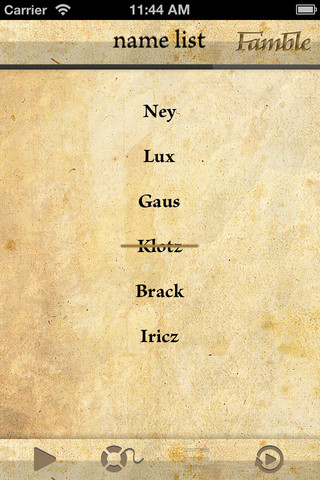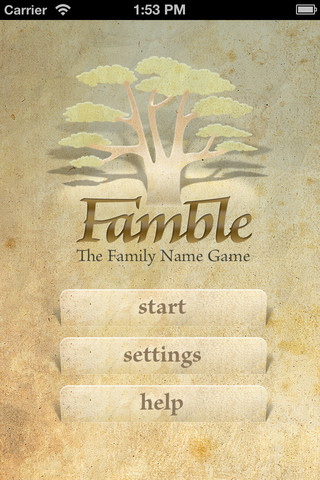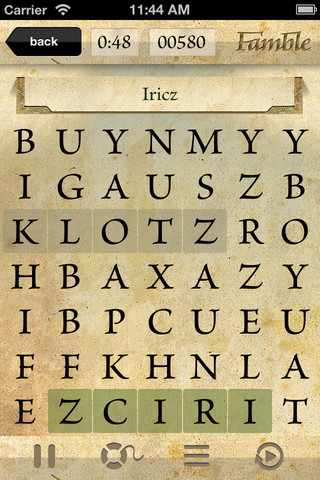How to search
When searching, the database will show all data according to the search parameters. You can search the database by entering a surname, a first name or a place.Under surnames, we mean both maiden and married names, including original Jewish and Hungarized surnames (although the search engine will find these two last ones only if the original source of information contains them). If one searches among the surnames, the program will check all these surnames.
The search engine does "contains"-type search per default. As a result we will have all the names that contain the name or fragment of name we entered. Thus if we are looking for Klein, we will also get the names Kleinmann, Kleiner, Weiszklein. This helps us through the cases when we do not know the exact name of the person we are looking for. If we only know that the person's name started with Gold and it could have been Goldner, Goldfarb or Goldmann, it is enough to type in Gold.
On the other hand if we are certain about the spelling of somebody's name or if we want to narrow down the result list, we can do exact search - we just have to choose the corresponding option.
It is also possible to do a surname search based on Soundex. It is always recommended to do so, because hundred years ago they did not have a standard way of writing surnames. Schwartz, Svarc, Svarcz, Swarz were the same names, and even within one family, the spelling of the name changed. One can only find these alterations when doing a Soundex search.
In some cases when entering new names into the database, we did not have information on someone's first name. In these cases we entered "x" for the first name.
If one does a place search, one can only choose among the places already entered into the database. But this does not mean that there are records from all the places in the database. We will always find the person we are looking for, regardless of whether this person was born in this place, got married, lived or died there: the database searches all the places (but only if we have the relevant information of course).
In certain cases we have information on the starting and ending year of somebody working or living at a certain place. (Somebody was the Rabbi in Eger between 1877 and 1892, e.g.) Then these dates are given in the database. In other cases we only know about the starting or the ending year, then you will only find this single date in the database. However, there are cases, when we only have information from a certain moment of time. Then this date is given as starting date. (For example we have a newspaper from 1872, which gives the name of the Jewish community clerk. Then 1872 will be the starting year in the database, even if he had been the community clerk for years by then.)
General information about the names in the database
Source information about the database
Search!






